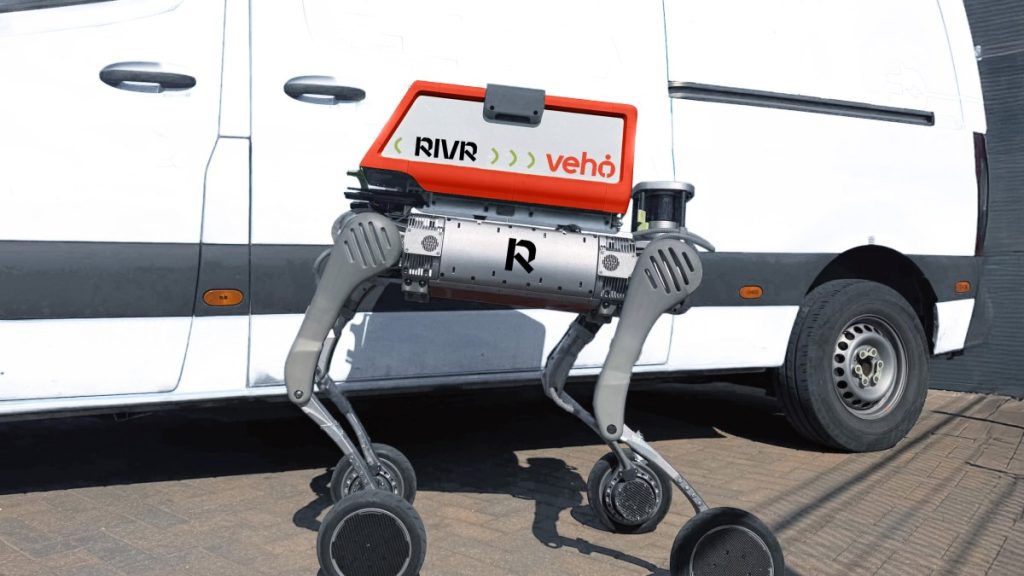The automotive and transportation technology landscape continues to evolve rapidly, with a flurry of recent announcements and updates highlighting the ongoing shifts in this dynamic sector. From legal battles to innovative startups and evolving partnerships, the mobility space is charged with activity that promises to shape the future of transportation. This article provides a comprehensive overview of the latest developments in the field—let’s dive in.
Litigation in Ride-Sharing
One of the standout stories involves Carma Technology, which has filed a significant patent infringement lawsuit against Uber. The case centers on five patents that Carma alleges Uber has infringed upon, which are integral to the ride-sharing business model. This is not a case of a simple patent troll; rather, industry experts recognize Carma’s extensive and sophisticated patent strategy that has been cultivated over nearly two decades. According to IP attorney Larry Ashery, “What’s important to understand here is, Carma isn’t just asserting five patents. They have had a very sophisticated strategy of patent procurement that they’ve been working on for the past 18 years.”
This complexity arises because each patent contains multiple claims, requiring Uber to defend against each claim individually, thereby complicating its legal strategy. As the ride-sharing market continues to grow, the outcome of this case could have significant implications not just for Uber but for the entire sector.
Emerging Technologies in Autonomous Vehicles
In another development, a new startup named Bedrock Robotics has entered the scene, led by Boris Sofman, a veteran from Waymo’s self-driving trucks program. The company, which has been operating in stealth mode out of San Francisco, focuses on retrofitting heavy machinery and construction equipment with autonomous technology. This initiative represents an exciting frontier in making construction processes safer and more efficient through automation.
Bedrock has reportedly secured significant funding, indicating strong investor interest in the autonomous construction space. Such innovations could streamline operations in industries that are traditionally slower to adopt new technologies, showcasing a critical evolution in how we think about automation.
Recent Funding and Investment
The funding landscape for mobility-related startups remains robust. Notable investments include:
- Firefly Aerospace received a $50 million investment from Northrop Grumman to advance its medium launch vehicle, Eclipse, further indicating the increasing interest in aerospace technologies.
- Pallet secured $27 million in Series B funding, indicating a rising demand for logistics technology in warehouse management.
- Volteras closed an $11.1 million Series A round to develop technology that allows plugged-in electric vehicles (EVs) to support energy grids, which speaks to the growing emphasis on energy sustainability in the automotive sector.
Moreover, Way Data Technologies, a fleet management startup, has also made headlines by raising €2.6 million ($2.95 million) in pre-seed funding. The consistent influx of capital in these various sectors highlights the ongoing innovation in mobility and logistics technologies.
Autonomous Delivery Solutions
As companies grapple with last-mile delivery challenges, Rivr has launched a unique four-wheeled, stair-climbing delivery robot, described by its founders as a “dog on roller skates.” Designed for the end-user delivery process, this robot displays the potential future of logistics and customer service. With pilot programs launching in cities like Austin, Texas, Rivr’s approach is symbolic of the growing intersection between robotics and delivery logistics.
Challenges for Established Players
Despite emerging innovation, established players in the mobility sector face their own challenges. Tesla’s Cybertruck is currently experiencing a buildup of unsold units in parking lots, with reports suggesting that sales have significantly decreased in Europe and the U.K. The European Automobile Manufacturers Association has recently indicated that Tesla’s sales have declined nearly 50%, raising concerns about the company’s ability to maintain its market share as competition intensifies.
Furthermore, recent news about Volkswagen executives receiving prison sentences reflects the ongoing scrutiny and repercussions from the 2015 emissions scandal, highlighting the long-lasting effects of regulatory and consumer trust issues in the automotive sector.
Partnerships and Software Developments
In terms of partnerships, the automotive landscape is also shifting. Stellantis has ended its collaboration with Amazon to develop in-car software, pivoting instead to a partnership with Google’s Android. This represents a notable shift in strategy as Stellantis looks to capitalize on the growing demand for integrated and user-friendly technology in vehicles.
Quick Reference Table
| Company | Funding/Update | Sector |
|---|---|---|
| Firefly Aerospace | $50M from Northrop Grumman | Aerospace |
| Pallet | $27M Series B | Logistics |
| Volteras | $11.1M Series A | Energy |
| Bedrock Robotics | Stealth funding | Construction |
| Way Data Technologies | €2.6M Pre-seed | Fleet Management |
As the mobility sector continues to transform with technology and funding, these developments signal a vibrant future ahead—demanding attention from both industry stakeholders and consumers alike.

